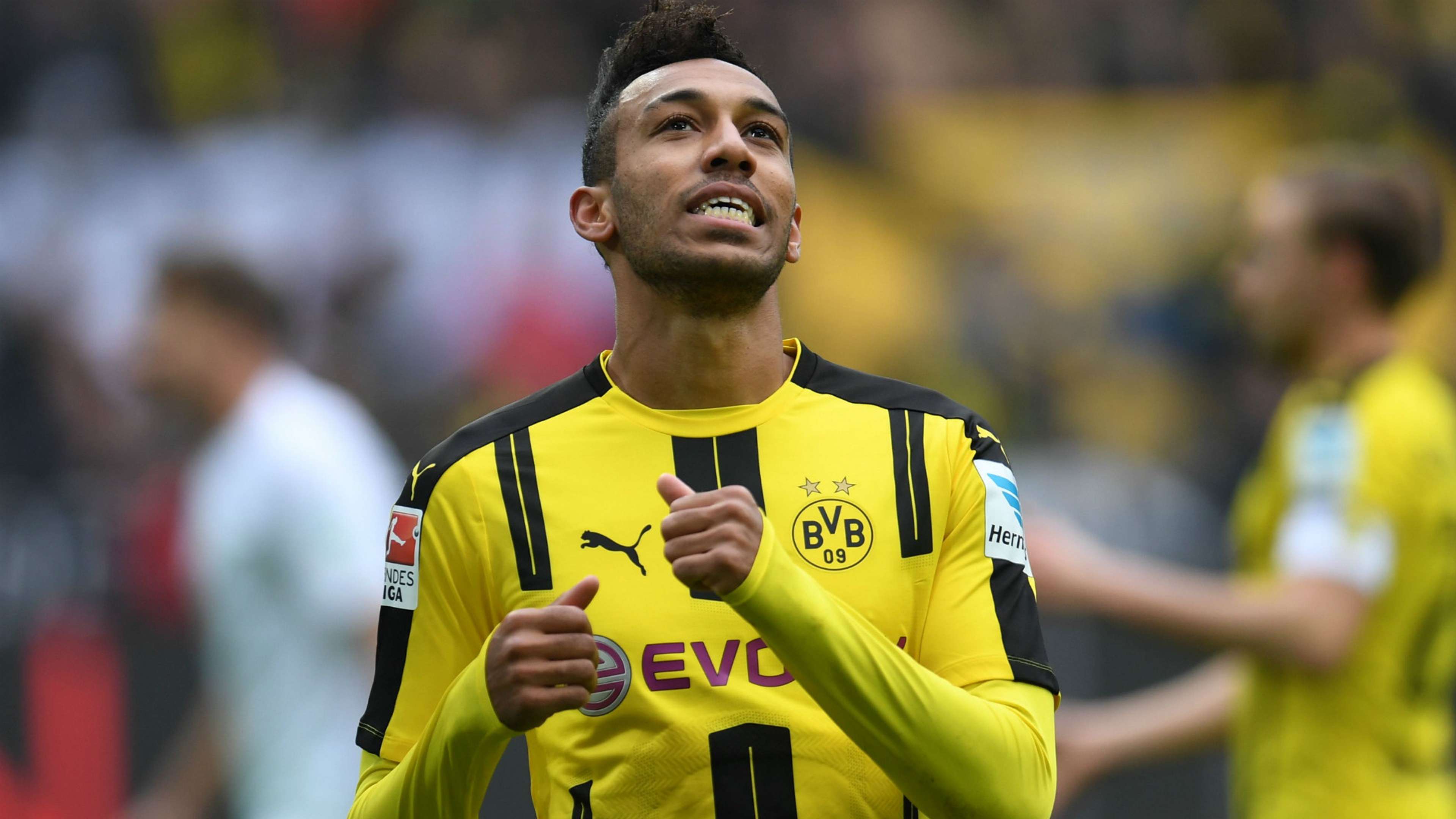Pierre-Emerick Aubameyang and Diego Costa were just two of the star names heavily linked with moves to the Chinese Super League recently but as the transfer window slams shut the CSL is without a marquee signing this summer.
It is not that long ago when top European clubs were genuinely fearful of Chinese ambitions in the market which were threatening to not only snare their players but drive up their wages in contract negotiations.
Alex Teixeira, Oscar, Hulk and Axel Witsel are just some of the big names who decided to turn their backs on Europe with a view to continuing their careers in the Far East.
Barcelona sign Nelson Semedo for €30m
To convince them to do so took a lot of money; first to the selling club and secondly to the players themselves. They might well consider themselves the last lucky group – at least for the time being – as China’s spending freezes.
Fabio Capello’s Jiangsu Suning managed to sign Cameroon’s Benjamin Moukandjo on a two-year deal from Lorient this week but that is about as good as it got this summer. For now, no more super deals.
 Getty Images
Getty ImagesRuben Castro, who has joined Guizhou Zhicheng on loan from Real Betis alongside Mario Suarez, Frank Acheampong, who has moved to struggling Tianjin Teda from Anderlecht on a temporary basis and Anthony Modeste, who has gone to Fabio Cannavaro’s Tianjin Quanjian on loan, represent the other major fruits of Chinese labour in the market this summer. It is fair to say they don’t possess the star quality of previous transfer window assaults.
In all, CSL clubs have spent barely £11 million between them as they are forced to scramble for free transfers and loans instead of more and more recording-breaking deals.
It’s not that the money has all of a sudden gone away. China’s biggest teams, led by Guangzhou Evergrande Taobao and Shanghai SIPG, are still owned by some of China’s richest companies but right now it’s more difficult than ever to spend it on their football teams.
New regulations before the current season started – implemented at short-notice by the Chinese Football Association – dictated that each team was permitted to field only three foreign players in any CSL game. Furthermore at least two under-23 Chinese players had to be included in any matchday squad of 18 and at least one had to be in the starting lineup.
This regulation will go further in 2018 when clubs will be required to field the same number of under-23 players as their foreign counterparts in league games.
Walker signs five-year Man City deal
It was rumoured in January that those new regulations put an end to a potential world record transfer which was estimated at €120m. The identity of the player and clubs involved were not revealed at the time but widely believed to have been Aubameyang and Shanghai SIPG.
This was followed up with a statement in June which confirmed that any team signing a foreign player for 45m yuan (€5.8m) or more, or any local player for 20m yuan or more, would have to play an equivalent sum in a player-transfer leverage fee.
 Getty
Getty Playing Surface
Playing Surface“In the summer transfer window 2017, clubs that spend less than 45m yuan (€5.8m) on foreign players or 20m yuan on domestic signings leverage fee will not be subjected to a player-transfer leverage fee,” read a CFA statement.
“However, those clubs need to pay an equivalent amount of their spending into a special account, which will be opened to develop their own youth academy. A plan will be submitted to the CFA to ensure that the funds are used exclusively for its designated purpose.
“Clubs that spend 45m yuan or more on foreign players or 20m yuan on domestic signings will have to pay an equivalent amount into the ‘Chinese Football Development Fund’, which is established to support the development of young players, the promotion of grassroots football and charitable infrastructures, and the nation’s strategy on revitalization of football.
“If clubs sign players on loan from foreign clubs, and the loan fee is less than the transfer fee paid initially by the parent club, they will also be required to pay the leverage fee based on the earlier transfer fee.”
Bonucci bid is steal of the century
To sign Diego Costa for €60m for example would actually cost a CSL club €120m once a sum equivalent to the transfer fee of €60m was paid into the Chinese Football Development Fund.
Football is paying the price for China’s crackdown on capital flight. Restrictions have been placed in all sectors on what is described as “irrational” outbound investment.
The Chinese government is wary of deals which appear to be struck with the sole interest of moving money abroad. It is here where expensive player purchases have fallen foul of the law.
China’s ruling Communist Party sits for its 19th Congress this autumn and president Xi Jinping is determined to use this time in the run up to put the country’s economic and political stability as top priorities above all else.
Unfortunately for Chinese football fans and any player with one eye on a lucrative move to the Chinese Super League it means for now the gravy train has ground to a halt.

